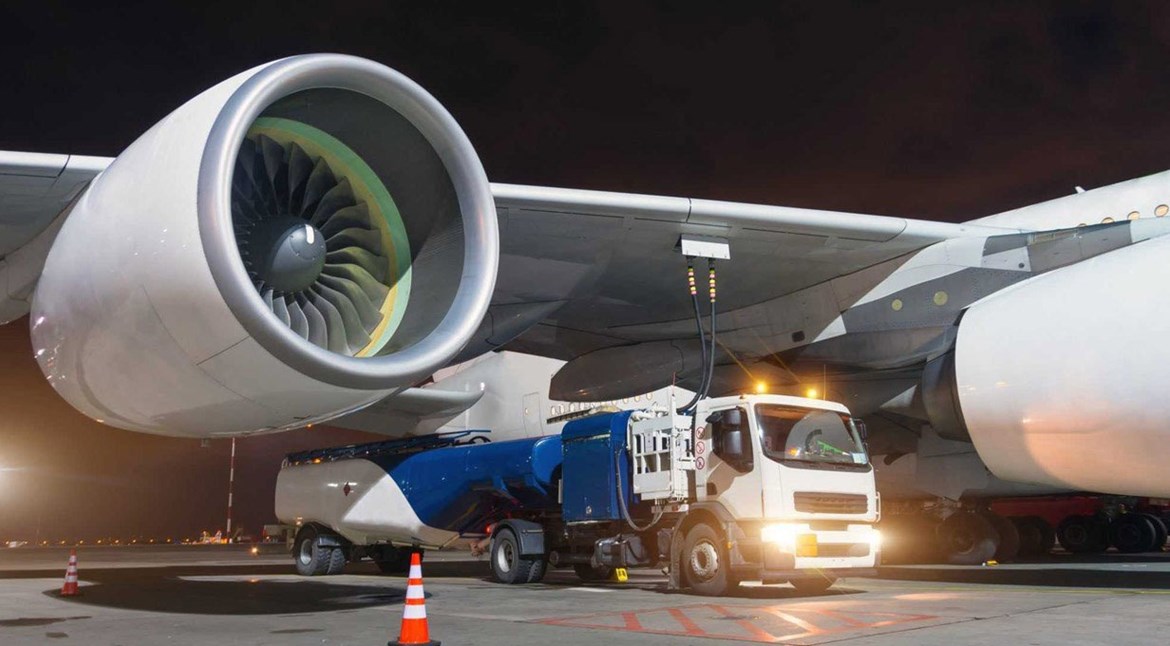To address the escalating cost of aviation fuel, stakeholders in the Nigerian aviation sector advocate for exploring sustainable alternatives. These discussions transpired during a consultative meeting in Abuja, focusing on Sustainable Aviation Fuel (SAF), Low Carbon Available Fuel (LCAF), and other cleaner energy sources for aviation.
A Call for Alternative Solutions
Capt. Roland Iyayi, representing the Airline Operators of Nigeria (AON), voiced the collective sentiment that Nigeria should actively seek alternatives for aviation fuel due to the steep price of imports.
Aviation fuel, commonly known as Jet A1 or aviation turbine fuel (ATF), is purified kerosene used to power aircraft. Presently, the price of Jet A1 has reached an astonishing N1,000 per litre.
Iyayi pointed out, “Airline operators have been closely monitoring developments in the sector, particularly discussions surrounding sustainable aviation fuel. This presents a significant opportunity for Nigeria, primarily because palm oil, a critical component of sustainable aviation fuel, is readily available.”
He further emphasized that aviation fuel accounts for 40% of the operating costs for airlines. The status quo is no longer sustainable with Jet A1 priced at N1,000 per litre.
Iyayi continued, “If the Nigerian National Petroleum Corporation (NNPC) takes the lead in producing sustainable aviation fuel from palm oil, it will confer a comparative advantage upon Nigeria. Beyond this, the broader impact will be an enhanced economy, reduced import reliance, and job creation. For airline operators, the message is clear: there’s a viable technology and abundant raw materials at our disposal to position Nigeria as a global leader in alternative aviation fuel.”
Government’s Commitment to Environmental Sustainability
Festus Keyamo, the Minister of Aviation and Aerospace Development, stressed the necessity of collaborative efforts to facilitate the development and deployment of cleaner energy sources for aviation in Nigeria.
He noted, “Various technical analyses have shown that Sustainable Aviation Fuel (SAF) has the greatest potential to reduce CO2 emissions from international aviation. This underscores the importance of our discussions today. It underscores our commitment to fulfilling Nigeria’s obligations under the Paris Agreement, the Nationally Determined Contributions (NDCs), and the United Nations Sustainable Development Goals (SDGs).”
The Need for a Unified National Policy
Captain Musa Nuhu, Director General of the Nigeria Civil Aviation Authority, emphasized the importance of a cohesive national policy for aviation in Nigeria.
He highlighted the potential for conflicts and overlaps in responsibilities when different agencies operate independently. A unified approach, he posited, would streamline efforts and ensure that Nigeria remains at the forefront of aviation environmental protection initiatives.
In conclusion, the call for exploring palm oil as a sustainable aviation fuel source reflects a pivotal moment in Nigeria’s aviation history. This transition promises economic growth, reduced import dependence, and a more environmentally responsible aviation sector, ultimately positioning the nation as a leader in alternative fuel. It underscores the importance of collaboration between industry stakeholders and government agencies in shaping a sustainable future for the aviation sector.











